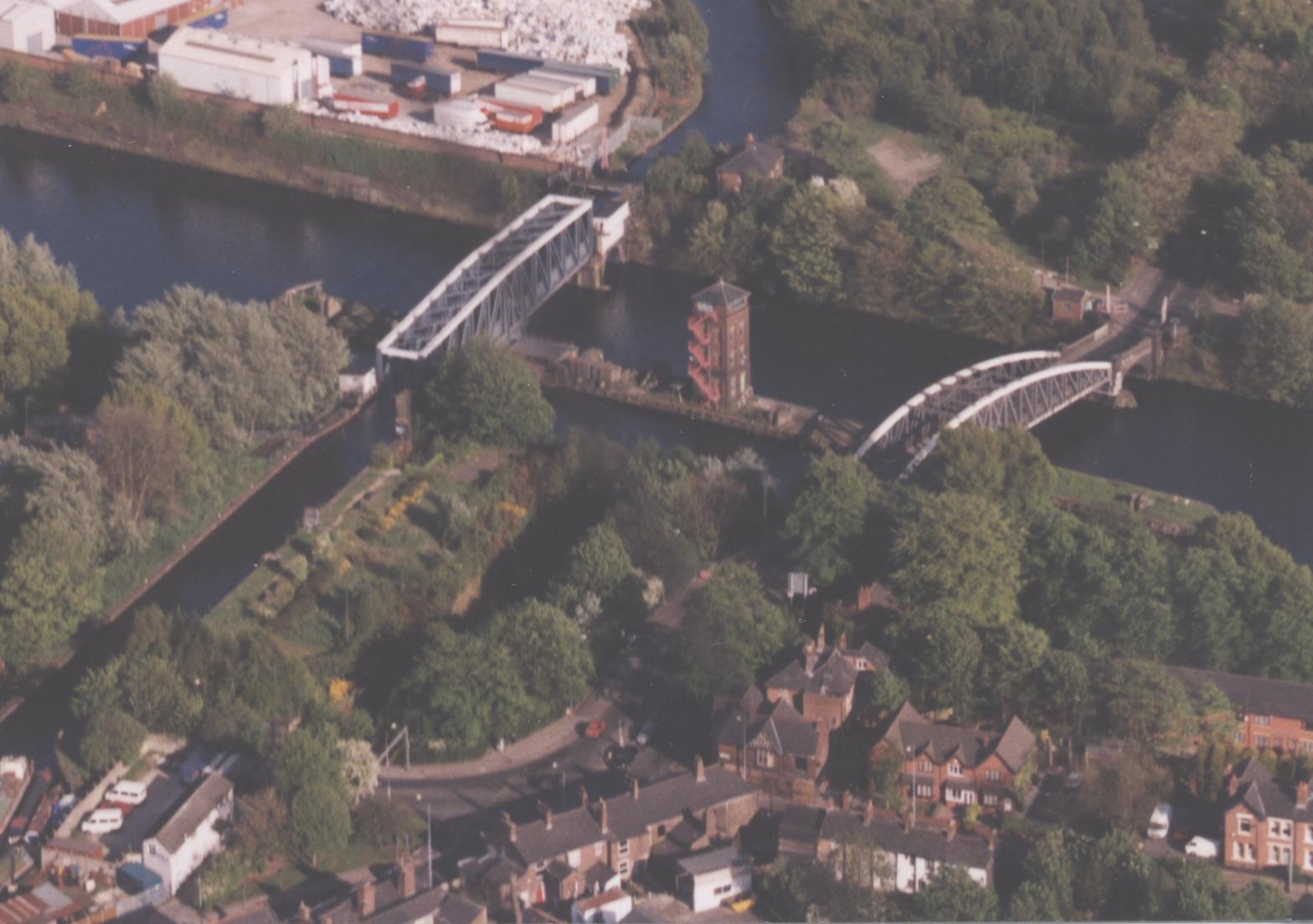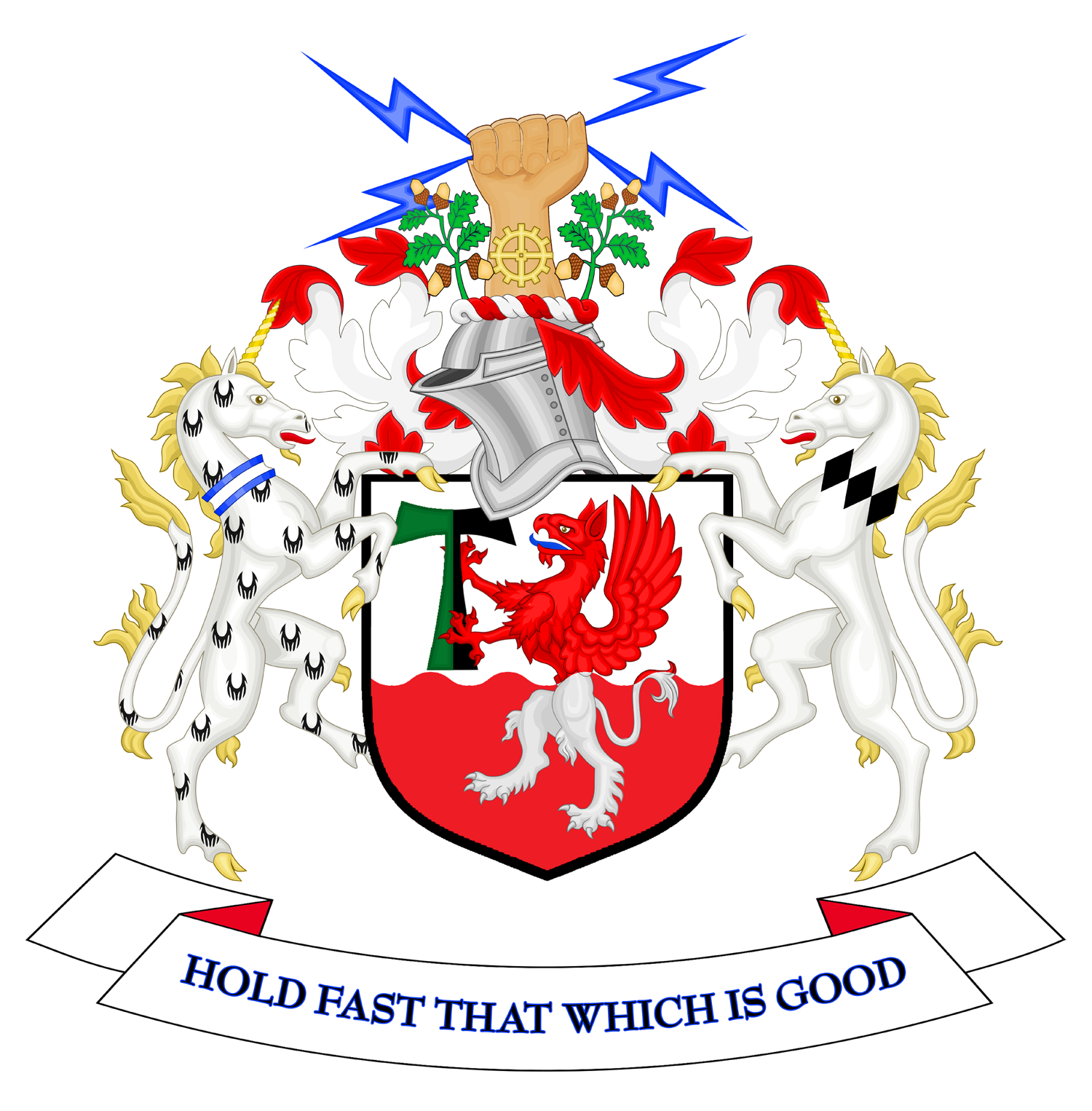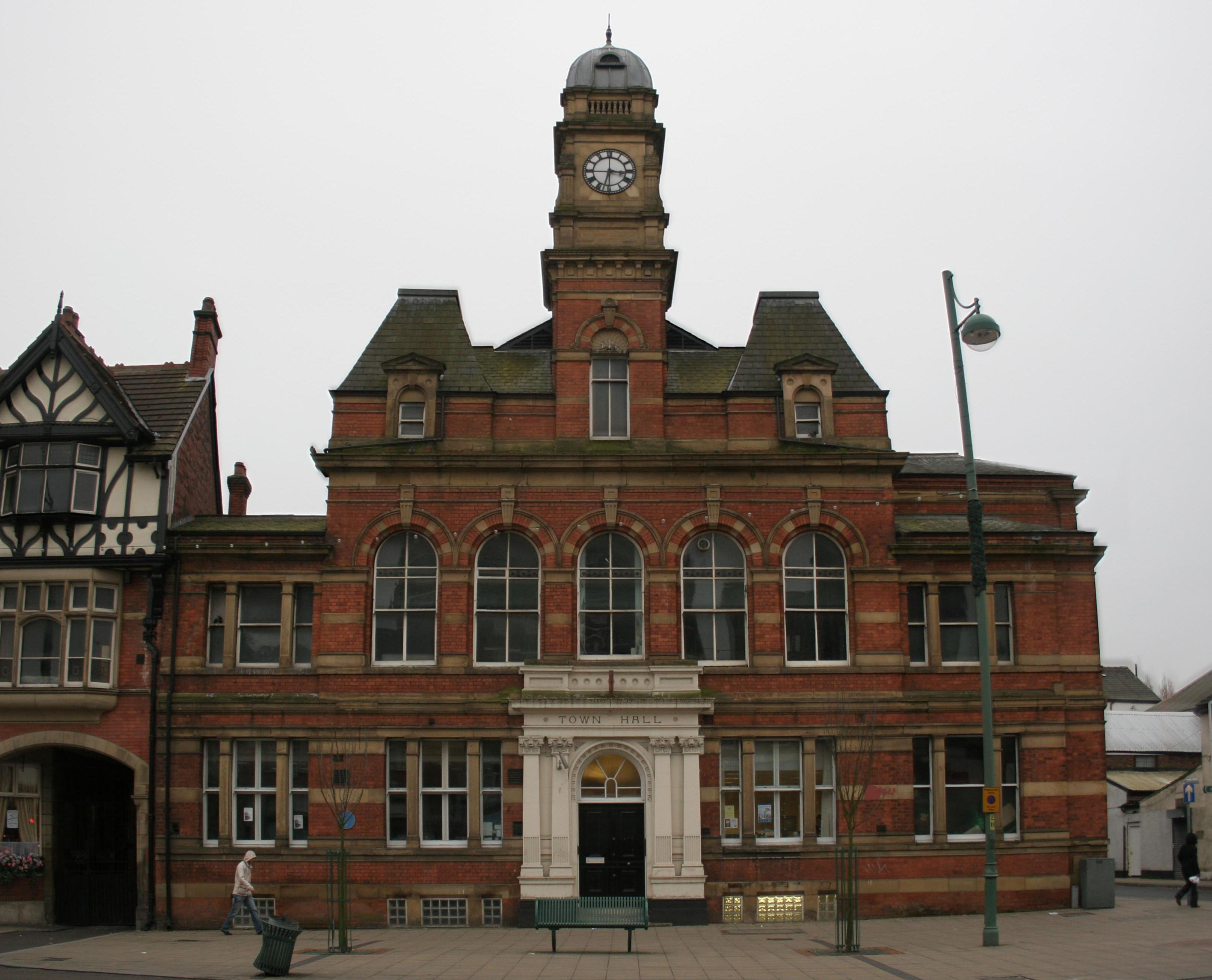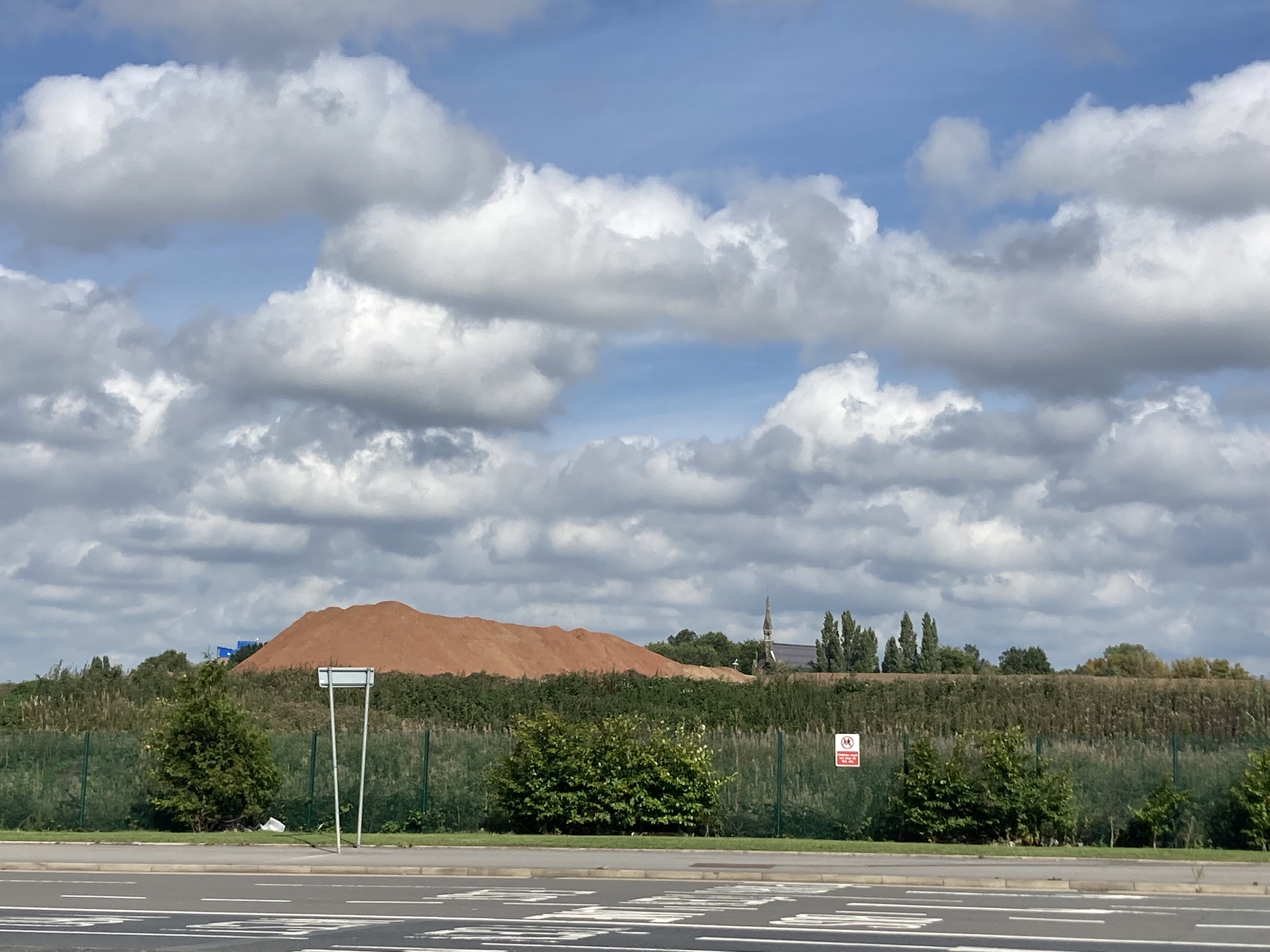|
Dumplington
Dumplington is an area of Trafford, Greater Manchester, England. Dumplington was one of several hamlets in the township of Barton-upon-Irwell, in the ancient ecclesiastical parish of Eccles in the hundred of Salford. Its name derives from the Old English ''dympel'' and ''ing'' and ''tun'' which means an enclosure by a pool. The hamlet lies six miles south west of Manchester city centre. Dumplington was recorded in the Middle Ages in 1225 in land leases between Sir Robert Grelley and Cecily, daughter of Iorwerth de Hulton and Siegrith de Dumplington. John son of Thomas de Booth was the landowner in 1401. The Roman Catholic church of All Saints is a Grade II* listed building, designed in 1867-8 by Edward Welby Pugin. Since the late 1990s, there has been significant redevelopment in this area including the Trafford Centre The Trafford Centre is a large indoor shopping centre and entertainment complex in Trafford Park, Greater Manchester, England. It opened in 1998 and is ... [...More Info...] [...Related Items...] OR: [Wikipedia] [Google] [Baidu] |
Barton-upon-Irwell
Barton upon Irwell (also known as Barton-on-Irwell or Barton) is a suburb of Salford, in Greater Manchester, England, with a population of 12,462 in 2014. History Barton Old Hall, a brick-built house degraded to a farmhouse, was the seat of the Barton, Booth and Leigh families. The church of St Catherine, built in stone with an octagonal spire rising to , was consecrated in 1843. The church was demolished in the 1970s due to dry rot and the parish was merged with the neighbouring church of St Michael & All Angels, Peel Green. Governance Within the boundaries of the historic county of Lancashire. Barton upon Irwell is currently represented in Westminster by Barbara Keeley MP for Worsley and Eccles South. Barton-upon-Irwell was formerly a township in the parish of Eccles and a chapelry, in the hundred of Salford. In 1866 Barton upon Irwell became a separate civil parish, in 1894 the parish was abolished and merged with Eccles, Irlam, Davyhulme, Barton Moss and Pendleton. ... [...More Info...] [...Related Items...] OR: [Wikipedia] [Google] [Baidu] |
Trafford Centre
The Trafford Centre is a large indoor shopping centre and entertainment complex in Trafford Park, Greater Manchester, England. It opened in 1998 and is third largest in the United Kingdom by retail space. Originally developed by the Peel Group, the Trafford Centre was sold to Capital Shopping Centres, later to become Intu, in 2011 for £1.65 billion; it set a record as the costliest single property sale in British history. The battle to obtain permission to build the centre was amongst the longest and most expensive in United Kingdom planning history. , the Trafford Centre had Europe's largest food court and the UK's busiest cinema. History Geness In 1922 the Manchester Ship Canal company purchased 2,000 acres of the former de Trafford family estate intending to develop it for industrial uses expanding the existing Trafford Park estate. One 300 acre parcel of land would remain undeveloped as Trafford Park's industry began to decline from the 1960's onwards. The ... [...More Info...] [...Related Items...] OR: [Wikipedia] [Google] [Baidu] |
Trafford
Trafford is a metropolitan borough of Greater Manchester, England, with an estimated population of in . It covers and includes the area of Old Trafford (area), Old Trafford and the towns of Altrincham, Stretford, Urmston, Partington and Sale, Greater Manchester, Sale. The borough was formed in 1974 as a merger of six former districts and part of a seventh. The River Mersey flows through the borough, separating North Trafford from South Trafford, and the Historic counties of England, historic counties of Lancashire and Cheshire. Trafford is the seventh-most populous district in Greater Manchester. There is evidence of Neolithic, Bronze Age, and Roman Empire, Roman activity in the area, two castles – one of them a Scheduled Ancient Monument – and over 200 listed buildings. In the late 19th century, the population rapidly expanded with the arrival of the railway. Trafford is the home of Manchester United F.C. and Lancashire County Cricket Club, as well as Altrinc ... [...More Info...] [...Related Items...] OR: [Wikipedia] [Google] [Baidu] |
Greater Manchester
Greater Manchester is a ceremonial county in North West England. It borders Lancashire to the north, Derbyshire and West Yorkshire to the east, Cheshire to the south, and Merseyside to the west. Its largest settlement is the city of Manchester. The county has an area of and is highly urbanised, with a population of 2.9 million. The majority of the county's settlements are part of the Greater Manchester Built-up Area, which extends into Cheshire and Merseyside and is the List of urban areas in the United Kingdom, second most populous urban area in the UK. The city of Manchester is the largest settlement. Other large settlements are Altrincham, Bolton, Rochdale, Sale, Greater Manchester, Sale, Salford, Stockport and Wigan. Greater Manchester contains ten metropolitan boroughs: Manchester, City of Salford, Salford, Metropolitan Borough of Bolton, Bolton, Metropolitan Borough of Bury, Bury, Metropolitan Borough of Oldham, Oldham, Metropolitan Borough of Rochdale, Rochdale, Metropol ... [...More Info...] [...Related Items...] OR: [Wikipedia] [Google] [Baidu] |
Stretford And Urmston (UK Parliament Constituency)
Stretford and Urmston is a constituency in Greater Manchester represented in the House of Commons of the UK Parliament since a 2022 by-election by Andrew Western, a Labour MP. History Stretford and Urmston was created in 1997 from significant parts of the former constituencies of Davyhulme – a Conservative-held marginal whose last member was the Conservative Winston Churchill (grandson of the former Prime Minister) – and safely Labour Stretford, whose last member was Tony Lloyd ( Labour). The constituency was first represented by Beverley Hughes, who stood down at the 2010 general election. Kate Green, a Labour front-bencher, held the seat from 2010 until she resigned in November 2022 after being nominated as Greater Manchester's deputy mayor for policing and crime, taking over from Beverley Hughes once again. Boundaries 1997–2010: The Metropolitan Borough of Trafford wards of Bucklow, Clifford, Davyhulme East, Davyhulme West, Flixton, Longford, Park, Stretford, ... [...More Info...] [...Related Items...] OR: [Wikipedia] [Google] [Baidu] |
Ecclesiastical Parish
A parish is a territorial entity in many Christianity, Christian denominations, constituting a division within a diocese. A parish is under the pastoral care and clerical jurisdiction of a priest#Christianity, priest, often termed a parish priest, who might be assisted by one or more curates, and who operates from a parish church. Historically, a parish often covered the same geographical area as a Manorialism, manor. Its association with the parish church remains paramount. By extension the term ''parish'' refers not only to the territorial entity but to the people of its community or congregation as well as to church property within it. In England this church property was technically in ownership of the parish priest ''Ex officio member, ex officio'', vested in him on his institution to that parish. Etymology and use First attested in English in the late 13th century, the word ''parish'' comes from the Old French , in turn from , the Romanization of Greek, Romanisation of ... [...More Info...] [...Related Items...] OR: [Wikipedia] [Google] [Baidu] |
Eccles, Greater Manchester
Eccles () is a market town in the City of Salford in Greater Manchester, England, west of Salford, Greater Manchester, Salford and west of Manchester, split by the M602 motorway and bordered by the Manchester Ship Canal to the south. The town is famous for the Eccles cake. Eccles grew around the 13th-century Church of St Mary the Virgin, Eccles, Parish Church of St Mary. Evidence of pre-historic human settlement has been discovered locally, but the area was predominantly agricultural until the Industrial Revolution, when a textile industry was established in the town. The arrival of the Liverpool and Manchester Railway led to the town's expansion along the route of the track linking those two cities. History Toponymy The derivation of the name is uncertain, but two suggestions have been proposed. The received one is that the ''Eccles'' place-name is derived from the Romano-British ''Ecles'' or ''Eglys'' ( in Welsh language, Welsh means 'church'), which in turn is deriv ... [...More Info...] [...Related Items...] OR: [Wikipedia] [Google] [Baidu] |
Old English
Old English ( or , or ), or Anglo-Saxon, is the earliest recorded form of the English language, spoken in England and southern and eastern Scotland in the Early Middle Ages. It developed from the languages brought to Great Britain by Anglo-Saxon settlers in the mid-5th century, and the first Old English literature dates from the mid-7th century. After the Norman Conquest of 1066, English was replaced for several centuries by Anglo-Norman language, Anglo-Norman (a langues d'oïl, type of French) as the language of the upper classes. This is regarded as marking the end of the Old English era, since during the subsequent period the English language was heavily influenced by Anglo-Norman, developing into what is now known as Middle English in England and Early Scots in Scotland. Old English developed from a set of Anglo-Frisian or Ingvaeonic dialects originally spoken by Germanic tribes traditionally known as the Angles (tribe), Angles, Saxons and Jutes. As the Germanic settlers ... [...More Info...] [...Related Items...] OR: [Wikipedia] [Google] [Baidu] |
Middle Ages
In the history of Europe, the Middle Ages or medieval period lasted approximately from the 5th to the late 15th centuries, similarly to the post-classical period of global history. It began with the fall of the Western Roman Empire and transitioned into the Renaissance and the Age of Discovery. The Middle Ages is the middle period of the three traditional divisions of Western history: classical antiquity, the medieval period, and the modern period. The medieval period is itself subdivided into the Early, High, and Late Middle Ages. Population decline, counterurbanisation, the collapse of centralised authority, invasions, and mass migrations of tribes, which had begun in late antiquity, continued into the Early Middle Ages. The large-scale movements of the Migration Period, including various Germanic peoples, formed new kingdoms in what remained of the Western Roman Empire. In the 7th century, North Africa and the Middle East—once part of the Byzantine Empire� ... [...More Info...] [...Related Items...] OR: [Wikipedia] [Google] [Baidu] |
Edward Welby Pugin
Edward Welby Pugin (11 March 1834 – 5 June 1875) was an English architect, the eldest son of architect Augustus Welby Northmore Pugin and Louisa Barton. His father was an architect in the Gothic Revival style, and after his early death in 1852 Edward continued his practice. At the time of his own early death in 1875, Pugin had designed and completed more than one hundred Catholic churches. His brothers Cuthbert and Peter continued the practice as Pugin & Pugin. Career From c.1856 he developed a style independent of his father's, in which expansive spatial planning was combined with great detail. He designed churches and cathedrals primarily in the British Isles. However, commissions for his work were also received from countries throughout Western Europe, Scandinavia, and North America. As his business grew, Pugin formed partnerships which turned out to be short-lived: with James Murray in Liverpool (1857 to 1860), with George Ashlin in Dublin (1860 to 1869), and with J ... [...More Info...] [...Related Items...] OR: [Wikipedia] [Google] [Baidu] |
Trafford Waters
Trafford Waters is a major mixed-use development, currently under construction in Trafford, Greater Manchester on land between the Manchester Ship Canal and the Trafford Centre. The land is owned and will be developed by Peel Land & Property. The development is proposed to take place in six phases over 15 years, with the first phase being completed by 2017–18. The area would be served by the proposed Trafford Quays Metrolink station. The proposal includes 3,000 homes, areas for employment, a primary school, retail and community facilities. Planning permission was granted in October 2016. The Trafford Waters masterplan received outline planning permission from Trafford Council Trafford Council, or Trafford Metropolitan Borough Council, is the local authority of the Metropolitan Borough of Trafford in Greater Manchester, England. It is a metropolitan borough council and provides the majority of local government service ... in 2018 and planning permission for the infrastruc ... [...More Info...] [...Related Items...] OR: [Wikipedia] [Google] [Baidu] |
Trafford Park Line
The Trafford Park Line is a light rail line on the Manchester Metrolink network in Greater Manchester, England, running from Pomona to the Trafford Centre. Its name derives from Trafford Park, an area of the Metropolitan Borough of Trafford, and the first planned industrial estate in the world. The line opened in March 2020. History Plans for Metrolink to serve Trafford Park first obtained statutory approval via the Greater Manchester (Light Rapid Transit System) Act of 1992 but no funding was provided to construct the line at that time. In the 1995 The Trafford Centre was granted planning permission and provision for Metrolink was designed into it's grounds. The centres developer, Peel Group were keen to support the line and promised to commit £16 million in funding during 1998. TGFM obtained revised powers to build the line in 2001 under the Greater Manchester (Light Rapid Transit System) (Trafford Park) act but again no funding was allocated. The line was also includ ... [...More Info...] [...Related Items...] OR: [Wikipedia] [Google] [Baidu] |







